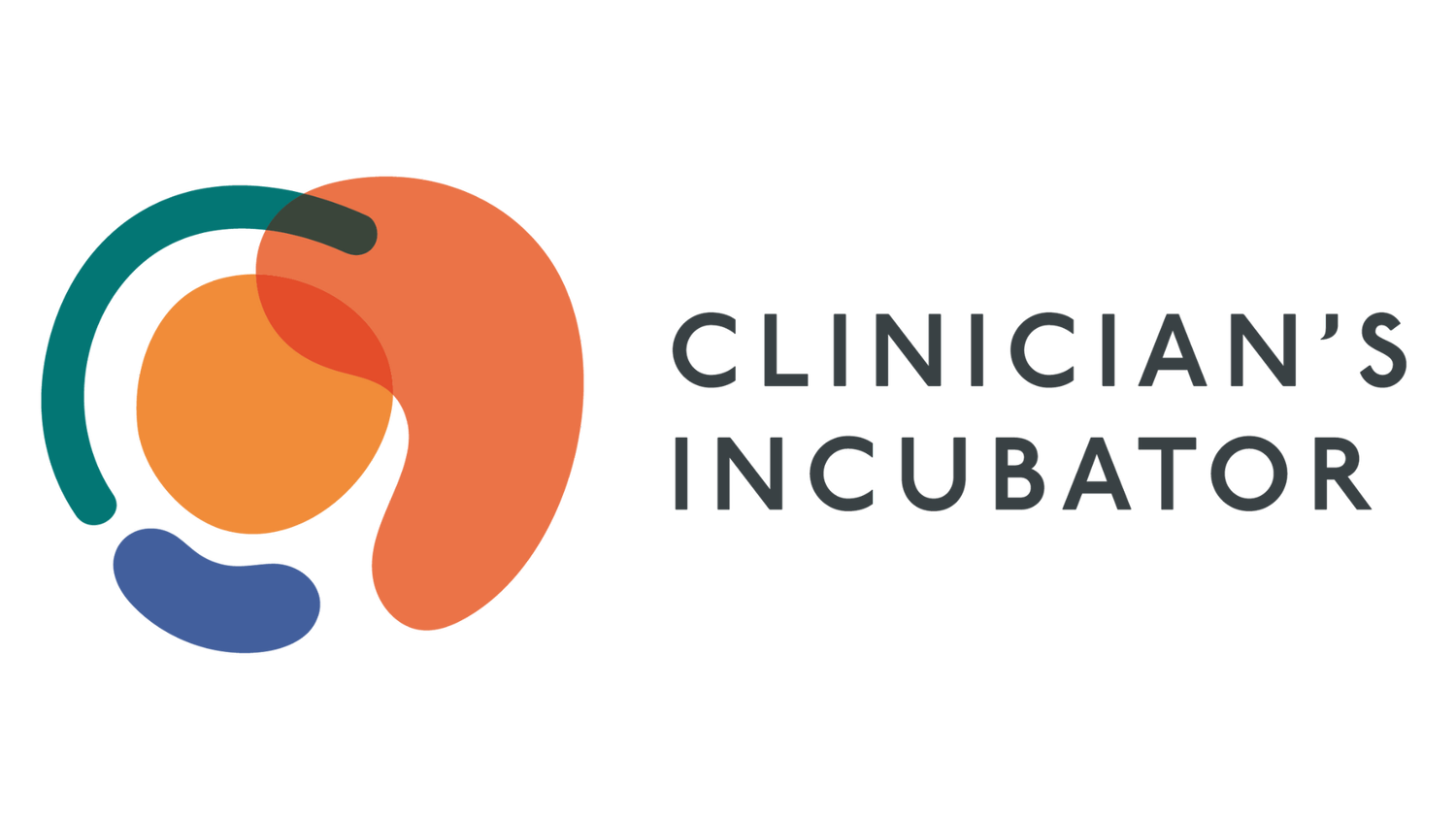Top 8 Resources Every CNS Candidate Should Know About
Whether you’re just getting started with your CNS journey or are deep in supervised practice, the right resources can make all the difference. From study guides to supervision support, these tools can help you stay organized, confident, and on track to becoming a Certified Nutrition Specialist. Here are 10 must-know resources every CNS candidate should have in their back pocket:
1. CNS Candidate Handbook
🔗 https://theana.org
This official handbook from the BCNS outlines everything you need to know about eligibility, documentation, and supervised practice. It’s your go-to guide for understanding what counts toward your hours and how to submit your case studies.
Pro tip: Make a free student account here to access the handbook as well as many other resources.
2. Osher Center for Integrative Health (University of Wisconsin–Madison)
🔗 https://www.fammed.wisc.edu/integrative
This academic resource offers clinician education modules, condition-specific handouts, and evidence-based tools covering integrative and mind–body approaches. Topics include nutrition support for IBS, anxiety, sleep, chronic pain, and more.
Pro tip: Use the information in the condition-specific handouts to start your clinician protocols library.
3. PubMed
🔗 https://pubmed.ncbi.nlm.nih.gov
PubMed is a free database of peer-reviewed medical and scientific literature. It’s essential for researching clinical nutrition topics like inflammation, gut health, and micronutrient therapy.
Pro tip: To set up automatic notifications on studies on specific topics in PubMed, create a free NCBI account at https://www.ncbi.nlm.nih.gov, run your search, then click “Create alert” just below the search bar. You can name your search and choose to receive email updates (daily, weekly, or monthly) when new papers match your criteria.
4. Rupa Health’s Rupa University
🔗 https://www.rupauniversity.com
This free learning platform features webinars and mini-courses from leading integrative providers. Topics include lab interpretation, clinical pearls, and case-based education for functional nutrition practitioners.
Pro tip: Rupa has been very inconsistent with allowing CNS candidates access to their test ordering services, but we still recommend signing up for notifications of new trainings.
5. Fullscript Ingredient Library
🔗 https://fullscript.com/ingredient-library
A comprehensive, evidence-based database of supplement ingredients with clinically reviewed summaries. It includes dosage ranges, safety profiles, and clinical applications, making it ideal for protocol design and patient education.
Pro tip: If you’re looking for supplement dosing information for specific nutraceuticals, start here.
6. Linus Pauling Institute – Micronutrient Information Center (MIC)
🔗 https://lpi.oregonstate.edu/mic
This free, research-backed resource provides detailed articles on vitamins, minerals, and phytonutrients. It includes intake recommendations, nutrient interactions, and condition-specific summaries, all updated by one of the top micronutrient research institutes.
Pro tip: This is a great place to start studying micronutrients for the CNS exam.
7. Integrative Medicine (David Rakel, MD)
🔗 Amazon Listing
This textbook takes a clinical, evidence-informed approach to integrative care. It covers botanicals, supplements, lifestyle interventions, and nutrition, helping bridge traditional and complementary modalities in practice.
Pro tip: Add this book to your wish list - it is filled with actionable, evidence-based food, supplement and lifestyle approaches to a great number of conditions.
8. Harvard T.H. Chan School – The Nutrition Source
🔗 https://nutritionsource.hsph.harvard.edu
This site offers science-based guidance on healthy eating, chronic disease prevention, and sustainable diets. Developed by Harvard faculty, it includes visual tools like the Healthy Eating Plate, nutrient guides, and topic overviews for clinicians and the public.
Pro tip: A great series of resources for your clients that describe macronutrients and basic healthy eating principles.
Final Thoughts
Becoming a Certified Nutrition Specialist is a journey that requires more than just clinical hours—it takes ongoing learning, the right tools, and a strong foundation of support. The resources above aren’t just boxes to check; they’re meant to help you grow into a confident, capable, and well-informed practitioner.
Whether you’re deep in supervised practice or just starting your coursework, having trusted references at your fingertips makes everything feel a little more manageable. Bookmark this list, share it with a fellow candidate, and remember: you don’t have to figure it all out alone.
We’re here cheering you on—every step of the way.

